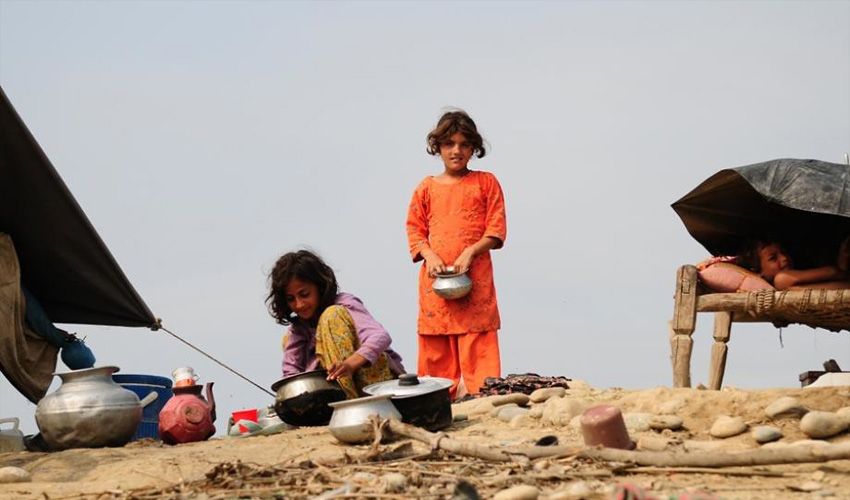In a recent study on marriage trends in Pakistan, it has come to light that approximately two-thirds of all marriages in the country are between cousins.
The study, conducted by BMC Women's Health, a platform dedicated to women's health issues, has highlighted that Pakistan may have one of the highest rates of cousin marriages in the world.
Meanwhile, the organisation has raised concerns over the impact of these consanguineous marriages on women's well-being and the serious health complications they can pose for their children.
With a staggering 65%, Pakistan boasts one of the world's highest rates of cousin marriages, surpassing other countries such as India (55%), Saudi Arabia (50%), Afghanistan (40%), Iran (30%), Egypt, and Turkey (20%).
Health implications
The practice of cousin marriages, also known as consanguineous marriages, has long been a part of Pakistan's cultural fabric.
However, the report has rekindled discussions about the health consequences associated with these unions. Medical experts have voiced concerns about the potential risks they pose to women's reproductive health and the overall well-being of their children.
According to BMC Women's Health, consanguineous marriages can lead to serious health complications for both women and their offspring. Research has indicated that the risk of genetic disorders and birth defects is significantly higher in offspring born from cousin marriages.
This concern extends to the mothers as well, with studies suggesting that women in such marriages may experience higher rates of infertility and complications during pregnancy.
Calls for awareness and education
In light of these findings, there has been a growing call for increased awareness and education about the potential risks associated with cousin marriages.
Experts argue that providing comprehensive information to couples considering such unions is essential to help them make informed decisions about their future and family planning.
Furthermore, healthcare professionals are advocating for improved prenatal care and genetic counseling for couples in consanguineous marriages to minimize the risks to both mother and child.


























